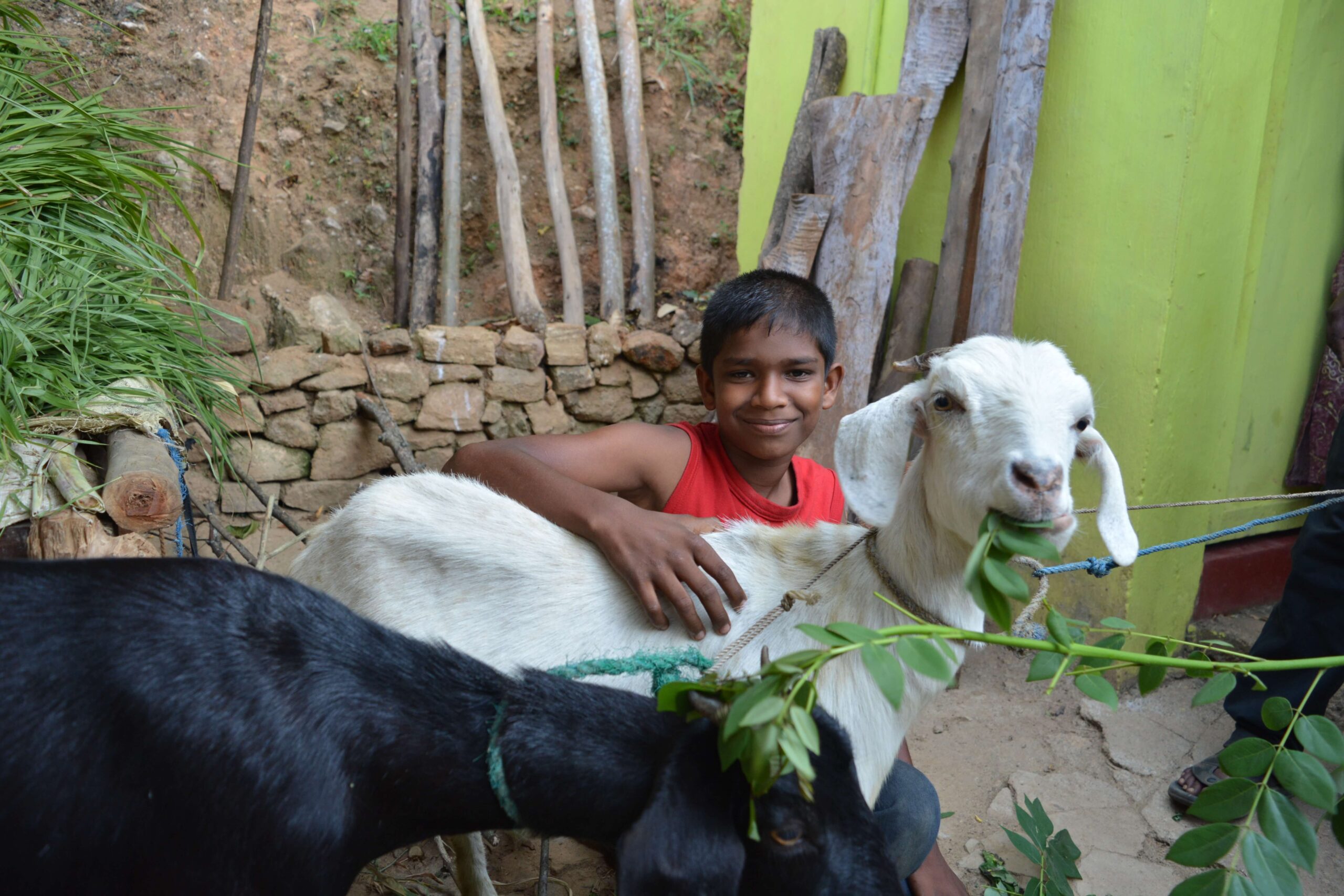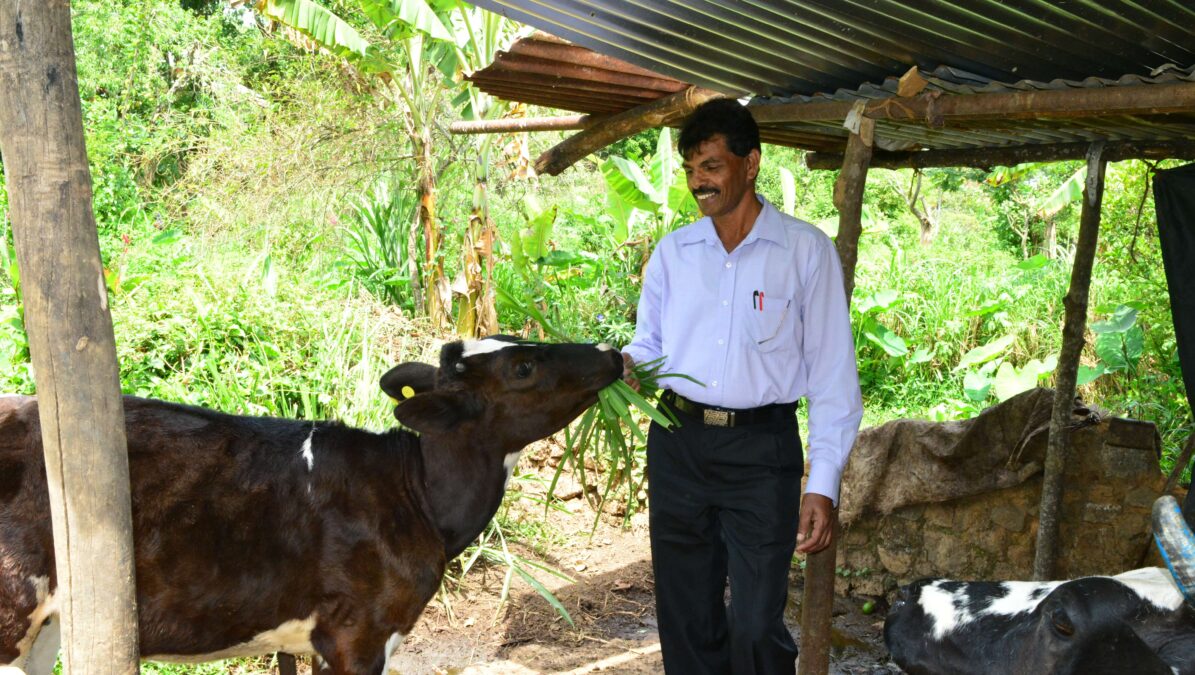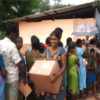Pictured above: Pastor Ariyaratne with his cows.
I asked one of our local contacts, Monroe, what types of resistance pastoral families face and how the self-help projects are making a positive difference for them and the villages.
What is the situation for priests and their families, as plantr churches in countrysbyerwhere they face persecution?
Sri Lanka's history is closely linked to Buddhism, which is why, even today, Buddhism has a special status. Only 21% of the 38,000 villages in the country have heard the gospel, and church planters in Sri Lanka are determined to change that number. They believe it is their calling to reach out to the 30,000 villages that have not yet heard about the love of Christ. In accordance with God's will, they are leaving their homes and moving to remote villages where they make a home for their young families, even in the midst of extreme poverty and persecution. In most cases, the villagers protest against the priests moving to the village. There is a widespread distrust and dislike of Christian pastors in these villages.
Only 21% of the 38,000 villages in the country have heard the gospel, and church planters in Sri Lanka are determined to change that number.
Evangelizing in these areas is not easy. Pastors, their house churches and families are often vulnerable to attack. There are examples of pastoral families being denied access to basic necessities such as water and electricity. In some cases, shops in the area refuse to sell goods to them. Many children of Christian parents face very difficult challenges in local schools, where they are forced to learn Buddhist rituals and face discrimination from their teachers and classmates.
In several villages, the newly planted churches are growing, partly because villagers see that pastors care for the vulnerable in local communities.
To make matters worse, most evangelical churches in Sri Lanka are not able to support church planters financially. Therefore, the decision to serve in unreached areas is truly a risky leap for these pastors. They are completely dependent on God's provision and consider the support they receive in helping them build a life as God's grace over their lives. This support also provides much encouragement to these church planters who often feel discouraged because of the poverty and persecution they find themselves in the midst of.
How pastors and their families benefit from self-help projectst?
Poverty is the biggest challenge for many pastors serving in Sri Lankan villages. With full-time ministry, they find it difficult to find other work as the spiritual needs of their congregations are their first priority. In most cases, pastors make regular visits to people's homes to minister to church members who cannot attend weekly church services due to the lack of transportation in these areas and also because they cannot afford the bus fare.
Image: Pastor's son with goats that the family raises.
Often congregations do not pay tithes until the harvest comes in, or even not at all in some cases. In such situations, the pastors' families suffer, especially the children who go to school, as their education is affected by their families' poverty. Therefore, the self-help projects are a great help for the pastors to earn a livelihood and are truly a blessing. The pastors find it easy to engage in animal husbandry, poultry and farming in their homes with family as helpers. This kind of work lets them continue their ministry. The steady income also helps them pay for household expenses and their children's schooling. Most pastors also develop their profession to benefit local Christians. In several villages, the newly planted churches are growing, partly because the villagers see that the pastors care for the vulnerable in their communities and use the income from the self-help projects not only to help impoverished Christians, but also others in the village who need help, Monroe concludes.
Ebeneser is a good example of a poor pastor who has received help for self-help. Read more here - "Poor Sri Lankan priest Ebeneser was helped to help himself".
Help for self-help
Since 2012, Danish European Mission donors have helped poor pastoral families become self-sufficient. The help can consist of a cow whose milk they can sell, chickens whose eggs can be sold, goats that can be bred and whose milk can be sold, chickens whose eggs can be sold or help to open a small shop.
Thank you to everyone who will support this project, which is crucial for persecuted Christians to be helped and for the gospel of God's love to reach everyone.
Support Sri Lanka: Self-help for poor pastoral families






